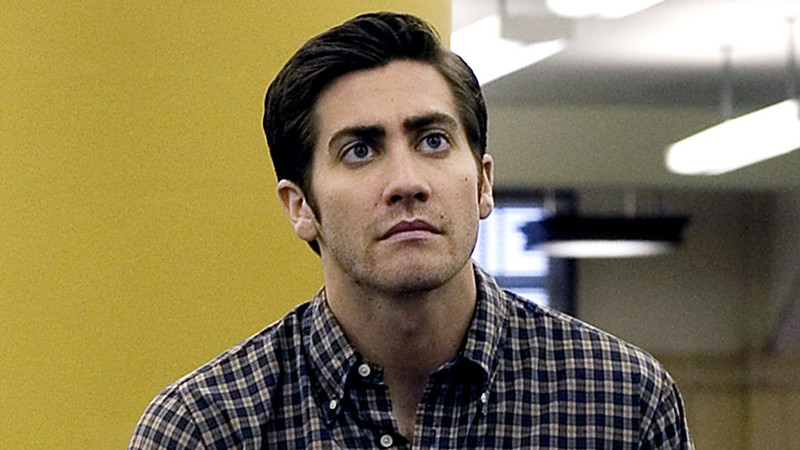
David Fincher needs no introduction. Almost three decades of filmmaking of the highest order more than speak to his name. In that time, he’s proven himself as one of the most consistent directors in the business—a certified workaholic who won’t settle for nothing short of perfection.
The reputation that precedes his name nowadays is that of a stern perfectionist who holds everyone around him to the same standard of excellence he applies to himself. Cerebral, slick, visionary… Some would argue methodical to a fault. But if there’s something certain with Fincher is that with him you get the whole package, a thorough professional that’ll go the extra mile to put up the best movie he can muster.
Fincher’s trajectory speaks for itself; a former visual effects producer who made a name for himself in music videos and commercials before helming a perfect string of cultural tentpoles in the 90’s. He’s stayed ahead of the curve ever since, whether it is by perfectly capturing the zeitgeist with his films or, more recently, by paving the way for the streaming revolution with marquee television series.
After dropping his biggest outlier yet in Mank, all signs point to Fincher returning to his roots to do what he does best—nail-biting thrillers. He’s not only the closest thing to a superstar we have left in the genre, but the man who pushes its frontier with every new film he releases. Hot on the heels of the announcement that his upcoming project—titled The Killer—is moving forward and set to arrive next year, what better time than now to go through his impressive body of work.
11. The Curious Case of Benjamin Button (2008)

If there’s something that can be said for the majority of Fincher’s work is that they rarely overstay their welcome. From Se7en and Panic Room all the way to Gone Girl, one of the best attributes of his films is how they never seem to miss a beat. Superb editing, nerve-wracking pace and an almost obsessive attention to detail… All of these are things we’ve grown to love and expect from a filmmaker of his caliber. Kicking off this list, we turn to a movie that is the very antithesis of everything that David Fincher stands for.
This loose adaptation of F. Scott Fitzgerald’s short story is not only aggressively bland but choppily edited and unnecessarily long. As a meditation on mortality, the only valuable takeaway one gets is the feeling of having aged a decade by the time the credits start rolling. Gone are any kind of character development or inner conflict—or for that matter any semblance of chemistry between its two leads. For a film banking so much on its CGI—and considering Fincher’s impeccable track record in that regard—the technology just isn’t there and the end result is unconvincing.
Arguably the only ‘curious’ aspect about Benjamin Button is the fact that Fincher decided to pick it up. He kind of set himself up for failure by doing so, because the saccharine source material asked for a director with the sensibilities of a Spielberg or Zemeckis, not the king of moody, nihilistic thrillers.
10. Alien 3 (1992)
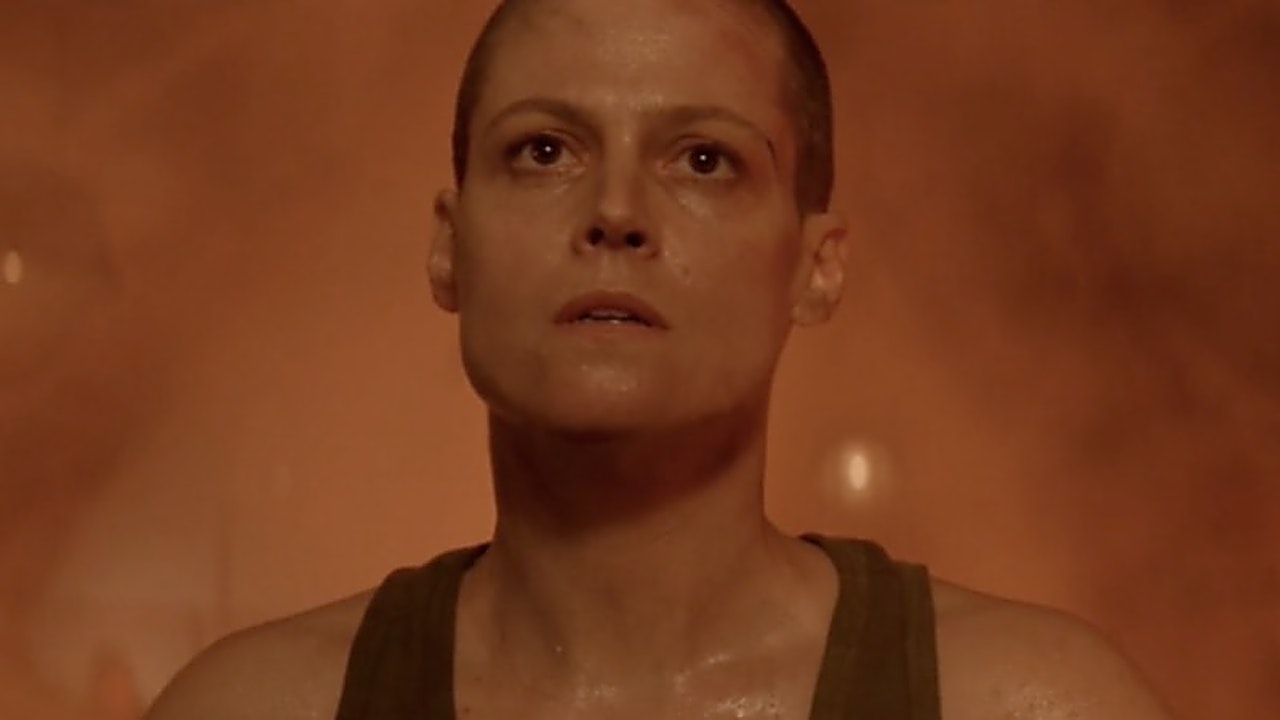
If there’s one film that’s fallen out of favor even among the most loyal of Fincher’s acolytes, that’s his widely panned entry in the Alien saga. The off-screen drama makes for an even more fascinating story than the film itself. Long story short, Fincher was brought on board at last minute to try to steer a sinking ship in the right direction. For a mostly unknown music video director at the time who still had a long way to go to become a household name, being thrown into a situation like this was a daunting challenge. The whole production left a sour taste on Fincher, who promised never to let studio heads compromise his vision again.
As many other franchises like Star Wars, Alien is faced with a big conundrum: you can’t try to recreate the same feel of the original without becoming stagnant, and by straying too far from it you risk hurting the overall continuity of the saga. In what originally was a tough pill to swallow among the fanbase, Alien³ took everything it inherited from Aliens and threw it out of the window within its first fifteen minutes.
Fast forward three decades later and many viewers have come around to the film, which has experienced something of a newly found appreciation lately. Nobody will argue that it’s a masterpiece, but the latest Assembly Cut elevates what was a complete dumpster fire into a serviceable—if painfully forgettable—90’s flick.
9. Mank (2020)
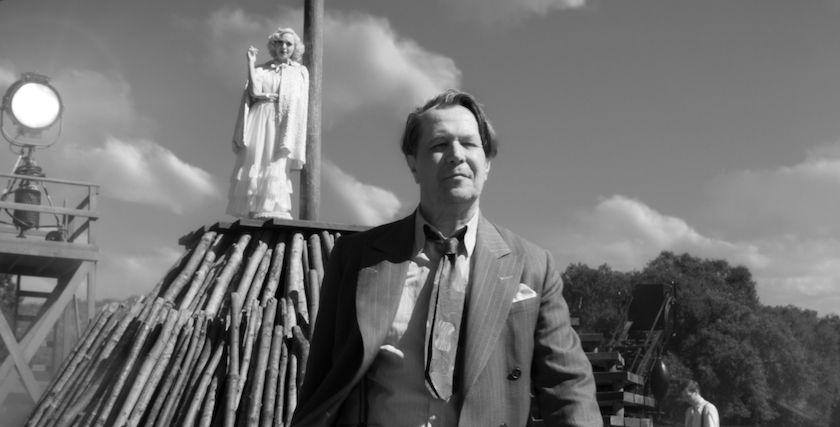
Fincher’s latest film has turned out to be his most divisive one yet. For many of his devotees, who had to endure a six-year hiatus since his last project, a slow-burn period drama on 1930’s Hollywood came a bit out of left field. That isn’t to say there isn’t much to love. If anything, it’s crystal-clear Fincher poured his heart into this passion project—something that can’t be said for either of the previous two entries in our list.
Mank tackles a movie-lore behemoth like Citizen Kane by supporting the highly-disputed theory that Herman Mankiewicz and not Orson Welles did all the heavy lifting on its script. The film presents itself as a cautionary tale on the predatory nature of the entertainment business told through the spiritual endeavors of a martyred screenwriter—the kind of self-loathing interrogation of the industry that, ironically enough, Hollywood seems to adore.
As a heartfelt tribute to every artistic creator out there, Mank hits all the right notes—it’s as a historical account that it bites off more than it can chew. It’s not so much that Fincher seems out of depth—on a technical level Mank is as impressive as any of his previous efforts—but rather that the film never escapes its own tediousness. Drunk on its self-aggrandizing rhetoric, Mank fails to do what any worthy biopic should—that is, justify its own existence.
8. Panic Room (2002)
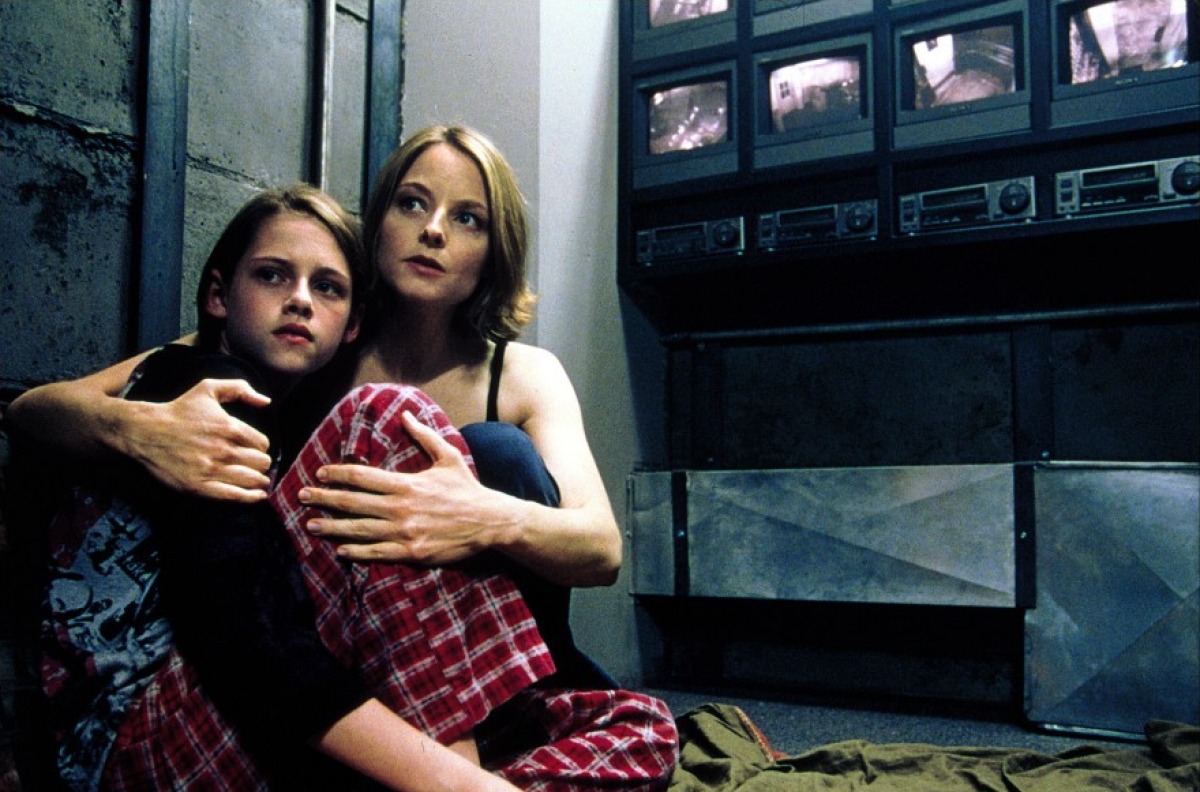
Every list like the present one should come with a big disclaimer: when passing judgement on all-time directors, one should keep in mind that even their supposedly ‘minor works’ are, by normal standards, highly enjoyable affairs. And especially if you’re someone like Fincher, who single-handedly dropped three of the best thrillers in recent memory, some of your work is bound to fall through the cracks.
Our next film meets such criteria. Panic Room is David Fincher’s twisted Home Alone rendition, where a divorced mum and her teenage daughter fend off a trio of incompetent intruders. The film is generally swept under the rug as the one where the director played it ‘safe’ in his most conventional popcorn flick to date. Admittedly, when you pitch it against the rest of his moody pieces, it doesn’t quite pack a punch. But what Panic Room may lack in gravitas and scope compared to Zodiac or Se7en, it more than makes up on sheer entertainment value. In fact, the story fully benefits from the small scale and self-contained narrative.
Above all, Panic Room is an experiment on visual style, an open canvas where Fincher showed off every camera trick up his sleeve. Every tracking shot, whip pan and tilt is charged with purpose and makes the most out of the film’s limited environment. It may not rank as the most transgressive work in Fincher’s catalogue, but in all likelihood didn’t deserve all the flak it got upon release.
7. The Game (1997)
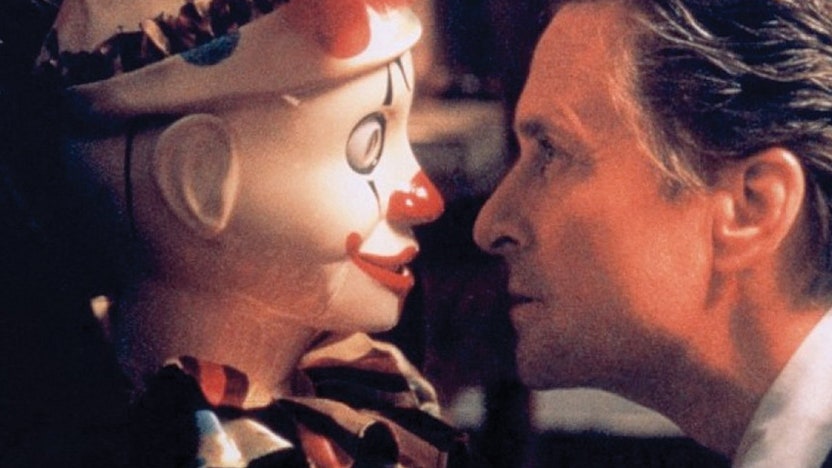
Fincher fully understands that the essence to every thriller lies not so much in the resolution but in the suspenseful build-up to it. Accordingly, he tends to play his cards close to his chest—keeping the viewers at bay and always one step behind him. In this morbid retelling of A Christmas Carol, Michael Douglas plays a grumpy San Francisco banker who reluctantly agrees to partake in a mysterious game for his birthday. One could argue that Douglas’ character is a stand-in for each one of us every time we decide to embark on a David Fincher movie—an oblivious individual playing catch-up while a master puppeteer pulls the strings from behind the curtain.
As Douglas tries to make sense of all the cruel twists of fate that keep befalling him, Fincher puts us in a constant state of paranoia, double-guessing every bit of information we’re given at every turn. And just when we think we have a grip on things, he throws yet another twist at us, each wilder than the last. It’s almost like every movie he puts together is a sick, staged game with the sole purpose of teasing his viewers.
If there’s anything keeping this one a tier below his landmark work is the outlandish climax and suspension of disbelief required from the viewer in order to take it seriously.